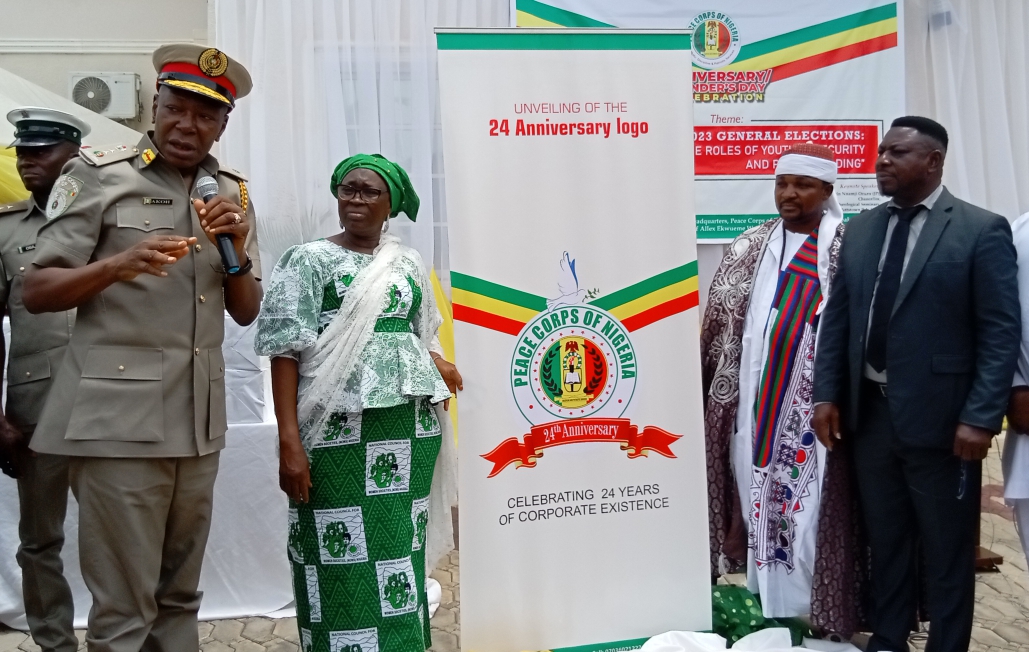
President Muhammadu Buhari is expected to give his assent to the harmonised version of the National Unity and Peace Corps Bill passed by both chambers of the National Assembly.
A joint committee of the Senate and the House of Representatives had on Tuesday, December 6, 2022, harmonised the National Unity Corps bill and the Nigerian Peace Corps bill into the National Unity and Peace Corps Bill which was passed thereafter.
The commandant -general of the National Unity and Peace Corps, Dr Chinedu Nneji, said he expects the president to assent the bill as his parting gift to the nation which will help address insecurity and youth restiveness.
Nneji ,who spoke at a press conference at the Corps headquarters in Abuja, said all the reasons President Buhari initially gave for withholding his assent to the earlier bill including duplication of roles and paucity of funds have been resolved in the new bill.
“The on-going drive by the government to plug revenue leakages will shore up funding for the new security outfit. Besides, the bill makes the corps a revenue generating agency,” he said.
He explained that the corps will generate enough revenue to be self-sustaining through fees to be paid by foreigners into Nigeria for services of tour guards that will be provided by the corps.
The bill establishes the National Unity and Peace Corps with offices in states,l local government areas, area councils, with its headquarters in the Federal Capital Territory (FCT).
Its objectives include enlisting and training youths as supporting agents of social order to provide a second line of public safety, engaging in peace advocacy, educating communities on security and safety measures, carrying out surveillance and collating data on potential security risks within communities for onward transmission to appropriate security agencies.
Some of the Corps’ other functions include setting up farm settlements across Senatorial Districts to improve youth involvement in mechanised farming for improved food production, setting up desks at various entry points into the country to register tourists and visitors who have been cleared by the Immigration Service and other security agencies, and to serve as tour guards and guides for a fee.
The bill provides for zonal, state, local government and area council commands for the Peace Corps, to coordinate its activities at these levels. It shall also have a Squadron Command in each educational institution in the Federation, led by a Squadron Commander, to carry out the Corps’ functions in these institutions. The Corps will also provide libraries at its headquarters in the FCT and State Commands which will contain materials for the advancement of the knowledge and skills of members of the Corps and for research.
Recall that the Nigerian Peace Corps bill was passed by the National Assembly in 2017 but failed to receive presidential assent, with President Muhammadu Buhari citing security concerns, lack of funds and duplication of functions of existing agencies as reasons for his decision.
The organisation has, however, continued to exist without any statutory funding for 30 years now, since its formation on August 3, 1992 and with funding from members’ contributions.